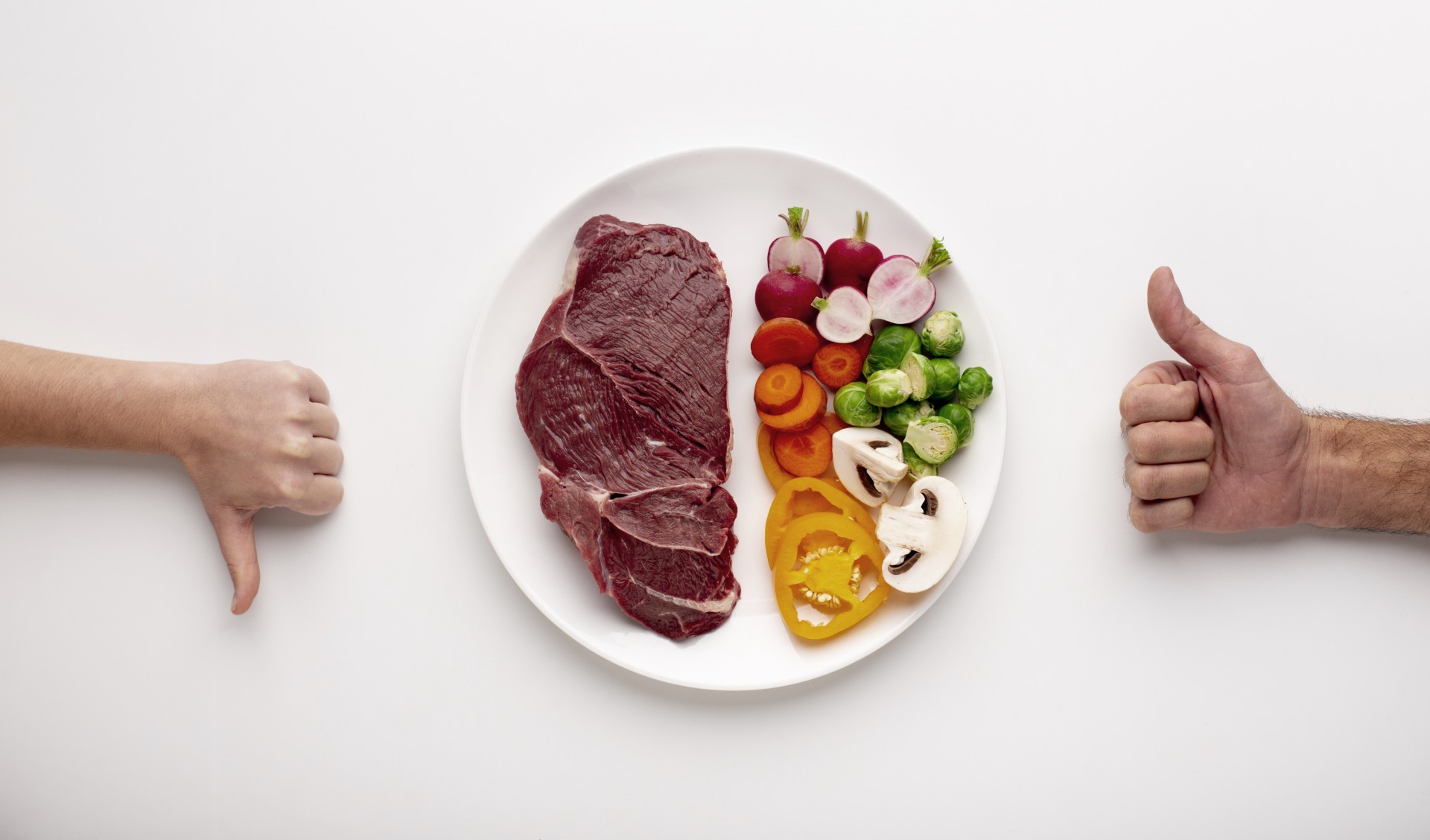photo courtesy of stock images
Meatless Monday: some would say it is one of Fieldston’s most controversial changes in the past few years. In the midst of a pandemic that caused the school and world to go into lockdown, Meatless Monday stands out above the rest. But what exactly caused Meatless Monday to take the school by storm? To find out, it’s crucial to understand what exactly Meatless Monday is.
If you’ve been living under a rock, this is for you. Meatless Monday is a new initiative from the Environmental Club and the school that encourages students and faculty to choose healthier food options that are not only better for them, but are also better for the community and environment around us. The meat industry is one of the largest contributors to greenhouse gas emissions. In fact, global greenhouse gas emissions from animal-based foods are twice that of plant-based foods. According to the FAO, which stands for The Food and Agriculture Organization, 14.5% of all human-caused greenhouse gas emissions, and around 50-60% of methane and nitrous oxide emissions are attributable to livestock farming. A large part of the reason that livestock farming is such a big contributor to climate change is because of the waste created by the animals. This waste produces methane which not only releases into the atmosphere, but also contaminates runoff that can affect entire ecosystems, making areas uninhabitable for most life.
Participating in Meatless Monday gives students the chance to combat this problem head-on. By not eating meat, students can avoid further polluting of the ecosystem, as well as reduce the amount of methane, nitrous oxide and carbon dioxide being released into our atmosphere. Chloe Nam (IV) said, “It’s really nice how Fieldston is taking a new approach to benefit our environment, and by actively incorporating this into student’s meals, they are spreading awareness in the community.”
There are also many health benefits to Meatless Monday. Studies have shown that eating vegetarian food can reduce your chances of heart disease, diabetes and even some cancers. It’s also been shown that a vegetarian diet can provide the same nutritional benefits as an omnivorous diet.
With all these benefits, why are students still split on Meatless Monday? Many students choose Monday to go off campus to eat lunch, as it is their least favorite meal of the week. Some students dislike Meatless Monday because the food can be bland and lack variety compared to the food on other days of the week. “As much as I enjoy eating meat, I recognize the importance and effect of eating vegetarian once a week. However, I wish they would try more creative and interesting recipes,” said Julian Ghiazza (IV) when asked to describe his thoughts on Meatless Monday.
Most Mondays, many students choose to go to the pasta line or the salad bar, and many students get bored of eating the same thing every Monday. One possible way to encourage students to eat the hot entrees would be to expand the types of food that is served. Meatless Monday is very reliant on proteins like tofu and beans as the main dish. If the foods offered were changed more frequently, there might be a larger interest in staying on campus to eat. Many dishes that are well received take inspiration from international cuisines such as Indian foods that emphasize vegetarian dishes as part of their culture. Most students appreciate the goals that Meatless Monday is trying to achieve, but to show students the full possibilities of vegetarianism, a more exciting and expansive menu would help.






